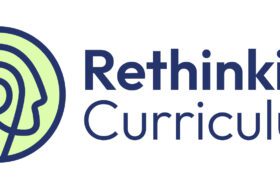Rewards
In order to maintain a positive and encouraging climate in the classroom it is important that we focus on positive behaviour. Willingham (2005) argues that when praising students we should:- be sincere and honest
- focus on the work or process, not on the ability or intelligence of the student
- be immediate and unexpected.
Sanctions
Using sanctions as a method to demonstrate that actions have consequences is often misunderstood (Bennett 2017). As you develop experience in the classroom, you will find that some sanctions are far more effective in influencing behaviour than others. Bill Rogers (2015) outlines that for sanctions to be appropriate and useful they must:- Relate to the behaviour and its consequence (e.g. a ‘smoker’s detention’ occasions an educational video that addresses the habit of smoking).
- Be reasonable in terms of the degree of seriousness
- Maintain respect – remain calm and polite. Paul Dix (2018) suggests practising and using the phrase I’ve noticed as there is no judgement and unlikely to attempt to defend themselves.
- Seek to educate the student and, if appropriate, build reparation.
- Makes individual behaviour corrections
- Makes compliance visible
- Establishes and encourage social norms
- Uses praise to encourage behaviours





